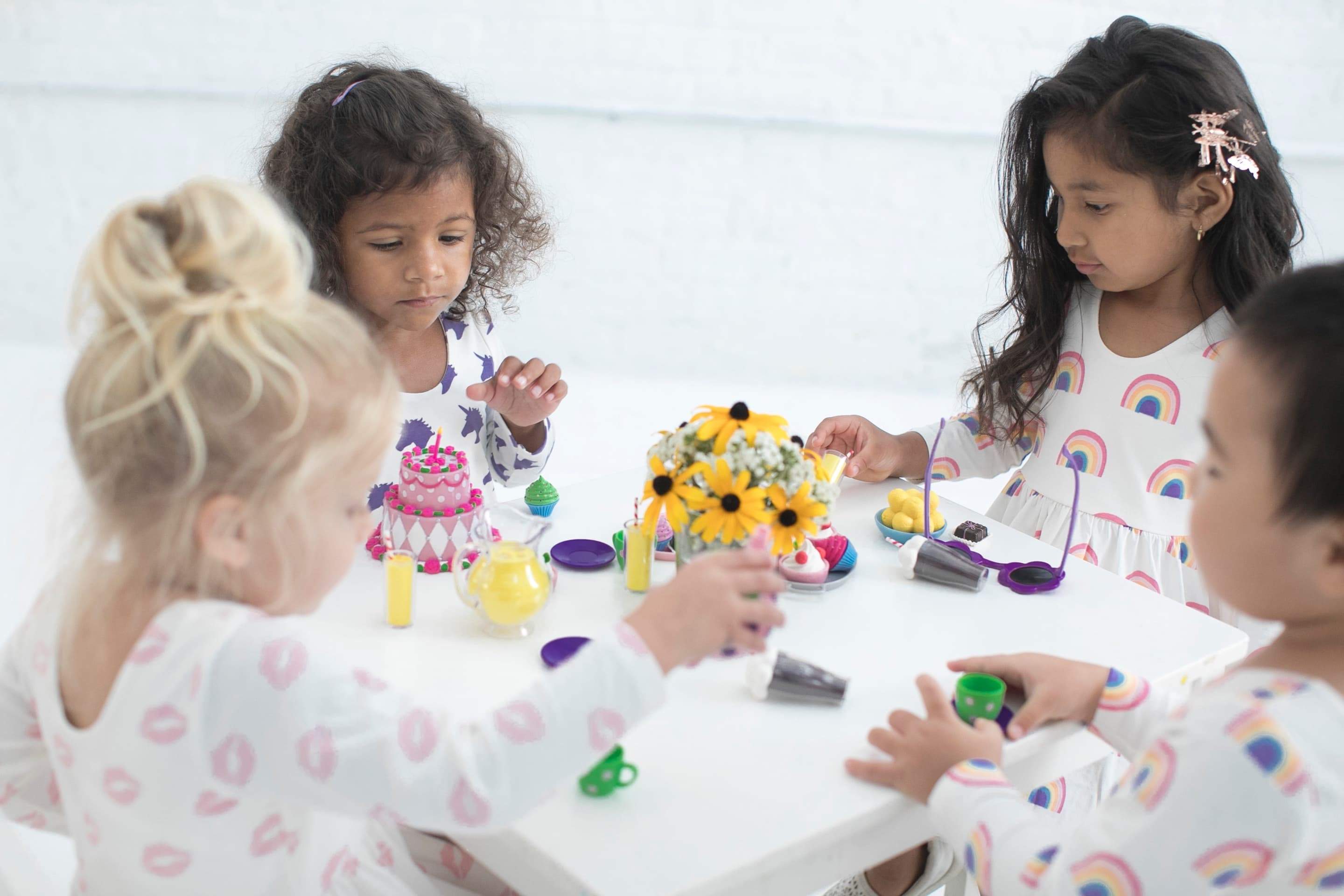
Yay!
You are all set. The 20% offer has been sent to your email.
Something went wrong.
Please refresh the page and try subscribing again.
* Discount valid on Monica + Andy apparel product. Nursery, Registry, gift cards, embroidery, virtual classes, and specialty items are not eligible. Other restrictions apply.
* After signing up, you will receive a unique discount code via text. Discount valid on Monica + Andy apparel product. This offer cannot be combined with promotions or discounts. Nursery, Registry, gift cards, embroidery, virtual classes, and specialty items are not eligible. Other restrictions apply.
The softest organic clothes ever.
Important Gift Wrap Notice: To ensure that your order is gift wrapped, please continue through Checkout and pay with a credit or debit card. We will be unable to process Gift Wrap with your order if you select a 3rd party payment option (e.g. Amazon Pay, Paypal, Shop Pay and Affirm). Also note that third party items ship directly from our partners and will not be gift wrapped. If you have any questions regarding Gift Wrap, please use our support chat or email storks@monicaandandy.com.
From Amazon CEO Jeff Bezos to Google cofounders Larry Page and Sergey Brin, Montessori school has some high-profile, deep-thinking graduates. The basic concept behind Montessori—let kids learn through discovery, instead of instruction—can feel vague and mysterious to those who haven’t stepped inside the walls of this less than traditional education system. So to set the scene for interested parents, we chatted with Kitty Bravo, Director of Education at the Center for Guided Montessori Studies, about what to expect.
Montessori classrooms are lined with wall-to-wall activities that encourage exploration. So instead of sitting in a circle around the teacher listening to a lesson, students are constantly on the move—tracing numbers onto sandpaper, counting play kitchen eggs, and chinking away at different projects stationed around the room. The teachers are there to connect the kids on an individual basis to the tasks, but you won’t find daily lesson plans for the group as a whole.
Montessori kiddos are often grouped into ages 0 to 3, or 3 to 6—which means the younger kids get to learn from the older kids (or vice versa!), and everyone gets practice being a leader and a learner thanks to their mixed bag of peers. “Where else do we interact with people only our age except in traditional schools? This setup offers a more real world experience,” says Bravo.
“Students work on everyday tasks like spooning something from one container to the next, watering plants, getting dressed, or scrubbing tables—they get to see what it feels like to accomplish a real task and feel good about it,” says Bravo. You’ll find mini kitchens, kid-appropriate cleaning tools, and other “practical life” activities that develop coordination, concentration, and the ability to follow a logical order of steps.
“We still teach math operations like addition and subtraction, but we do it with manipulative materials, so it’s a fun game,” says Bravo. (Think: more counting real objects and less traditional times tables.) “We’re not trying to make them memorize anything—it’s more about projects and less about worksheets.”
“We try to engage as many senses as possible during daily activities because that’s how children learn at that age,” says Bravo. Your tot might arrange objects from lightest to heaviest, softest to loudest, and explore the size, shape, texture, and color of their materials they work with on a daily basis.
“There’s freedom within structure and limits,” says Bravo. So while students are encouraged to progress at their own pace, and they don’t have regimented curriculums, teachers do work to keep their student's education well-rounded. So what happens if your little loves language but hates math? “The goal is to entice them by finding the right lessons that intrigue them—we use their other interests to pull them into a subject they’re avoiding,” says Bravo.
The only way the freedom and flexibility of Montessori school works is if kids learn how to relate to and respect one another, says Bravo, which is why lessons in grace and courtesy are par for the course. “They need to know how to say 'no thanks, I don’t want anyone watching my work right now,' and how to use quiet voices or walk around the classroom with respect, ” says Bravo.

You are all set. The 20% offer has been sent to your email.
Please refresh the page and try subscribing again.
*Offer does not apply to previous orders. Select items only. Offer is not eligible on nursery items, jewelry, gift cards, embroidery or classes. Offer cannot be combined with any other codes or discounts. Offer ends at 11:59 PM PT on 12/31/2020.
